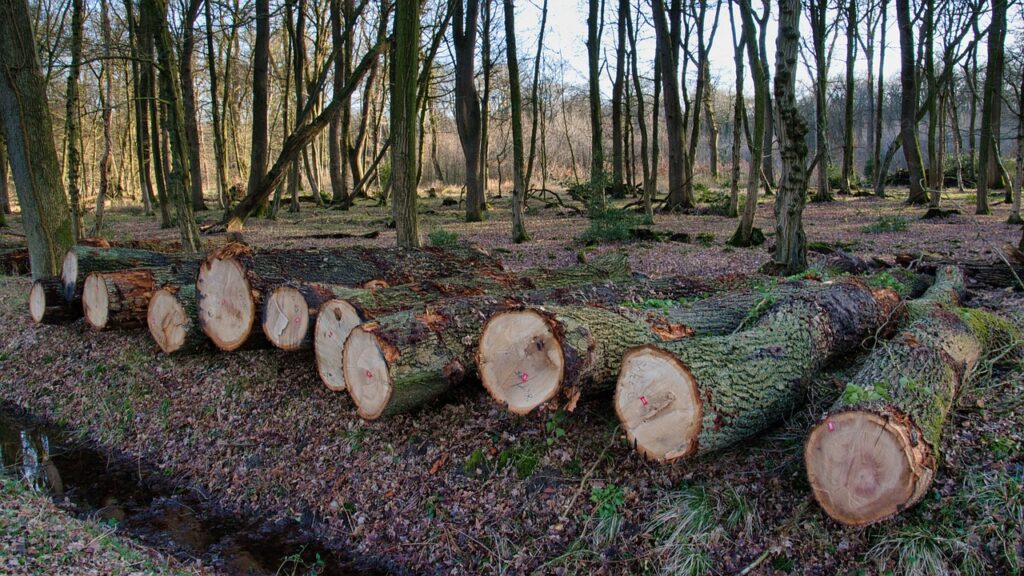Irresponsible coffee production has been a common practice in several regions of the world, which has led to significant environmental and social problems. In many cases, producers focus solely on maximizing economic benefits without considering the long-term impacts.
One of the main problems associated with irresponsible coffee production is the excessive use of chemicals such as pesticides and fertilizers. These products can contaminate the soil and water sources, affecting the health of workers and surrounding ecosystems. Excessive use of chemicals can also lead to pesticide resistance and soil degradation.
Another problem is deforestation. In many cases, coffee producers cut down forests to expand their crops, which has a negative impact on biodiversity and natural ecosystems. Deforestation can also increase soil erosion and exposure to natural disasters such as floods and landslides.

In addition, irresponsible coffee production is often associated with low wages and poor working conditions for workers. In many cases, workers do not receive minimum wage and do not have access to basic services such as medical care and adequate housing. They may also face long working hours and risks to their health and safety.
The good news is that there is a growing awareness of the need to produce coffee in a responsible and sustainable manner. More and more producers are adopting sustainable agricultural practices, which can benefit both the environment and coffee producers and consumers. Some of these practices are detailed below:
- Agroforestry
Agroforestry is a technique that combines agriculture with tree planting, and has been shown to be a very effective way to produce coffee sustainably. Instead of planting coffee in monoculture, farmers can plant it in areas where there are also trees and other crops. This not only helps maintain biodiversity, but can also provide shade and nutrients for coffee plants, reducing the need for fertilizers and pesticides.
- Composting
Composting is a technique that allows farmers to convert organic waste into fertilizer for their crops. Coffee waste, such as husks and crop residues, can be collected and mixed with other organic waste to produce compost. This compost can be used as a natural fertilizer in coffee crops, helping to reduce farmers’ dependence on chemical fertilizers.
- Biological pest control
Chemical pesticides are one of the biggest sources of pollution in coffee production, but there are sustainable techniques that can help control pests without using chemicals. Biological pest control involves the introduction of beneficial insects that attack harmful insects. These beneficial insects feed on pests and can help keep their population under control naturally.
- Conservation agriculture
Conservation agriculture is a technique that focuses on maintaining soil health to improve crop quality and reduce soil erosion. Farmers can implement minimal tillage techniques, such as direct seeding, which helps keep the topsoil in place. In addition, they can plant cover crops such as beans or peas, which help fix nitrogen in the soil and maintain moisture.
- Sustainable coffee certification
Another way to promote sustainable coffee production is through sustainable coffee certification. There are several organizations that certify coffee producers who meet certain environmental and social standards. These certifications can help producers get a fair price for their coffee and help consumers identify products that meet certain sustainability standards.

Many of the specialty coffees produced in Tarrazu, which aim to create a quality product, also use environmentally conscious practices as detailed above, thus generating a positive impact and bringing a more natural coffee to your table.
In summary, irresponsible coffee production has serious environmental and social consequences. However, there are solutions that can help mitigate these problems and promote sustainable practices in coffee production. As consumers, we can support producers who focus on sustainability and encourage positive changes in the industry.


Dear coffeetarrazushop.com admin, Your posts are always informative and well-explained.
Hi coffeetarrazushop.com webmaster, Keep sharing your knowledge!